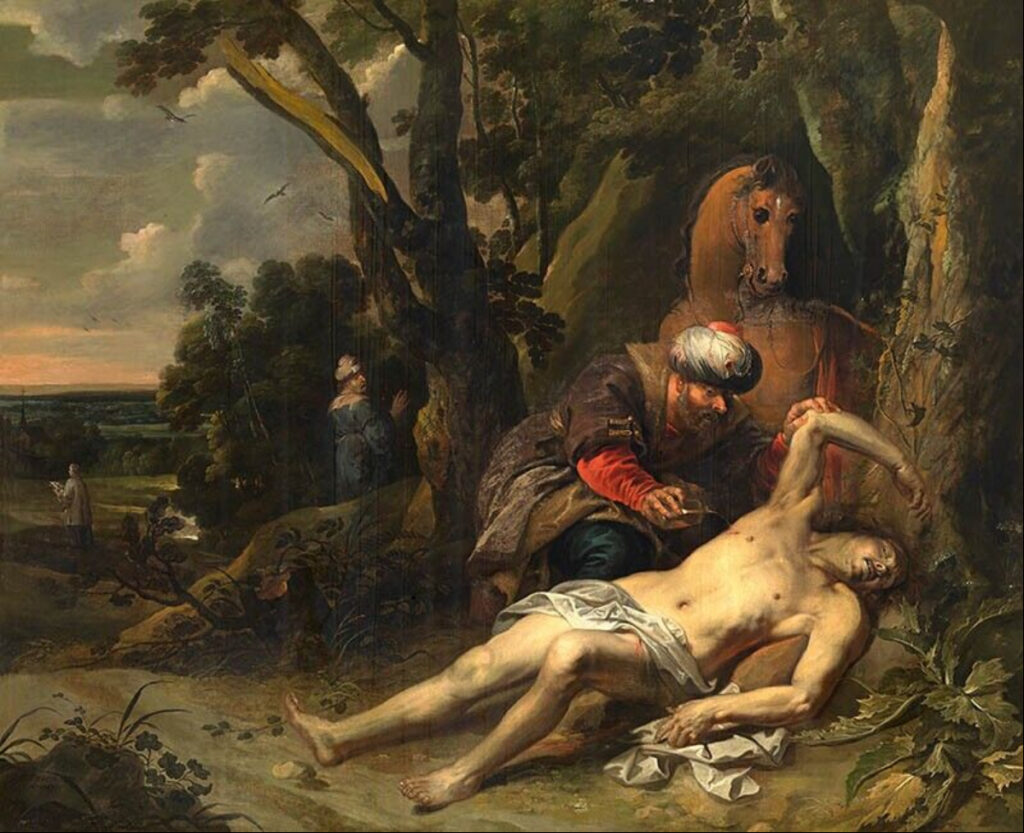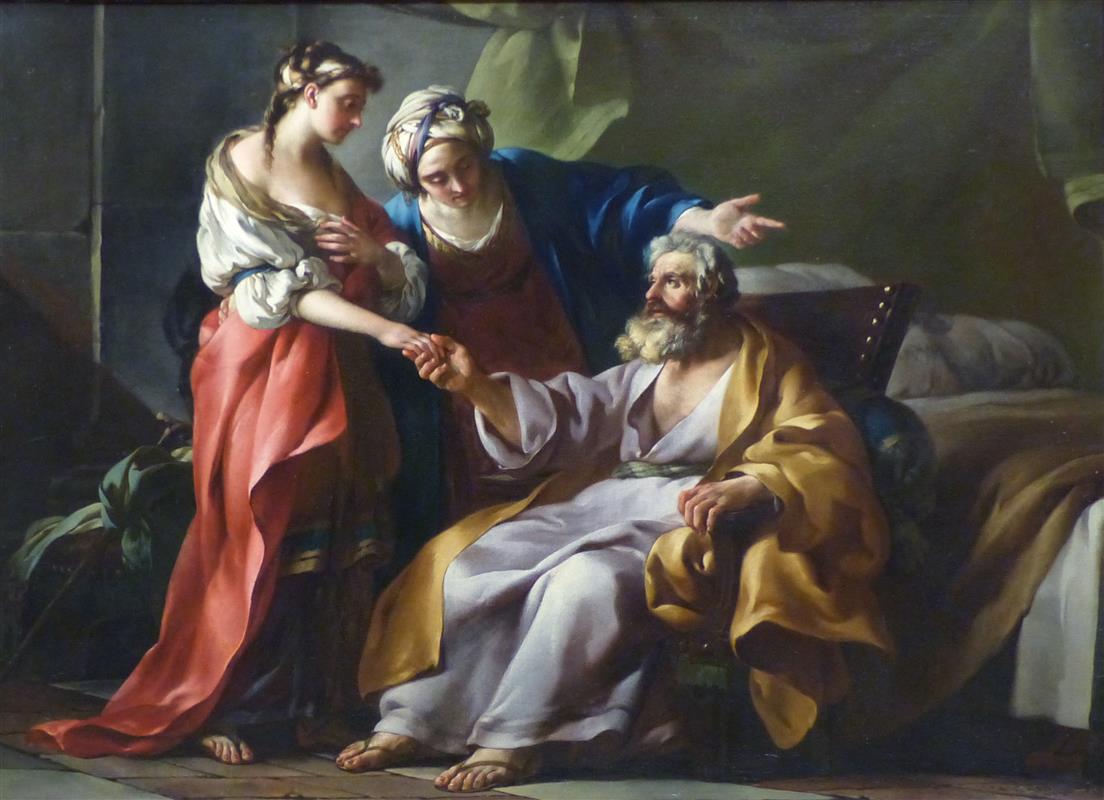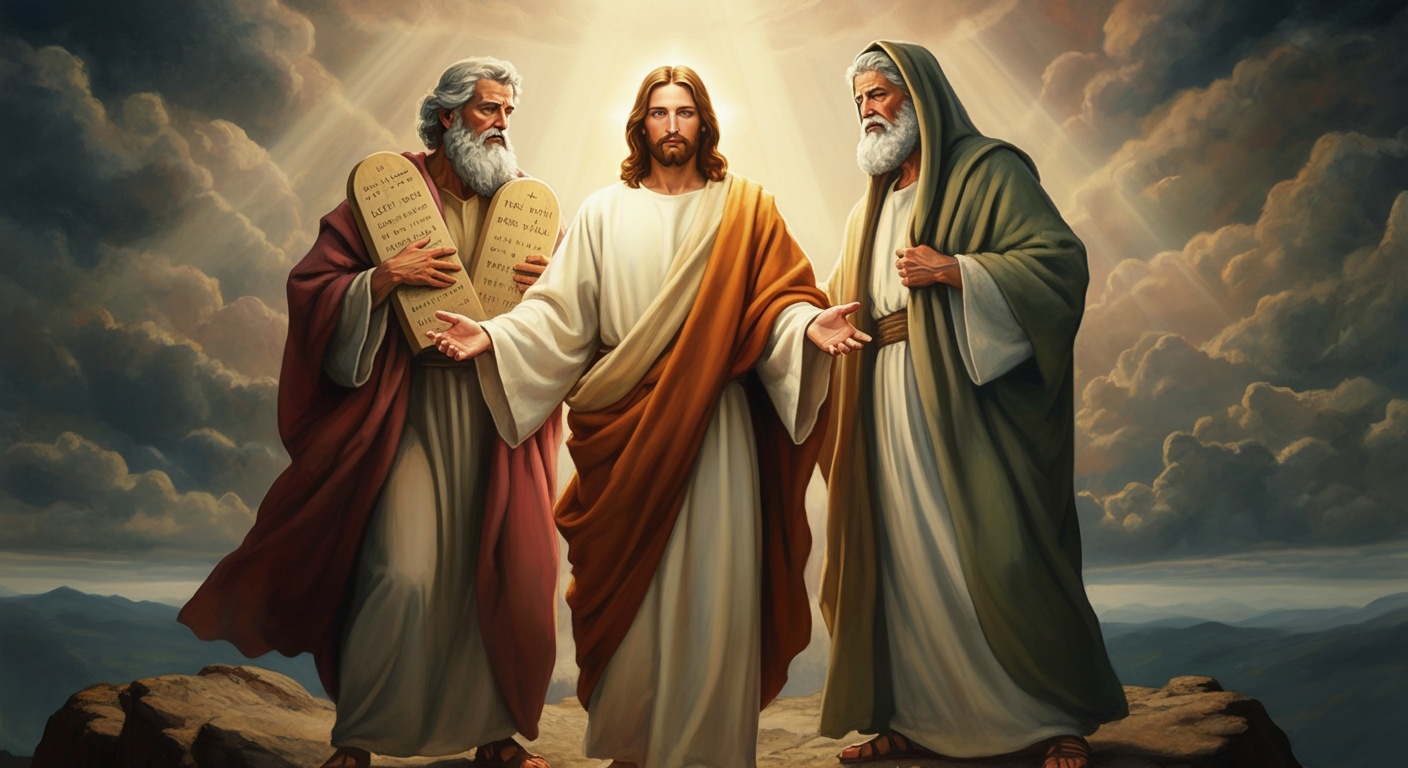“When the poor and needy seek water, and there is none, and their tongue faileth for thirst, I the LORD will hear them, I the God of Israel will not forsake them.”[1]Isaiah 41:17

Anyone worth his salt teaches about it in scripture. The Psalmists wax lyrical about it. Solomon goes on and on about it in Proverbs.[2]Proverbs 22:9 Our Lord Jesus Christ says it’s your ticket to ride.[3]Matthew 25: 31-40 Sadly these days many in the Church shove it in the ‘works’ category and dismiss it as a ‘filthy rag’. Consequently, this awesome micronutrient of the soul is hardly ever admitted and the body of Christ is famished.
It goes by a plethora of names. Some call it mercy, others call it a largeness of heart[4]1 Kings 4:29 or loving-kindness. Given its capacity to affect almost every fibre of our being, I call it the vitamin D of the soul, a micronutrient for which every cell of the body has a receptor, a hormone so crucial to health and well-being that God made it freely available to all who are capable of processing it.
There’s no want of instances in scripture where acts of loving-kindness turn situations around. However, most pale by comparison with Ruth who wrestles with God and prevails.
The power of love is not limited to breaking generational curses or causing the dead to be restored to life. It’s a catalyst for a lot of spiritual, enzymatic processes.
Ruth is a Moabite, a people so ruth-less (excuse the pun) that God bars them from the congregation of God ‘forever’.[5]Deuteronomy 23:3 In one of the most ‘we’ll-see-about-that’ biblical audacity, Ruth declares that this ‘never-never’ God will be her God! Not only did she turn the generational curse around, she does it in a spectacularly eternal fashion. The God of Israel becomes her God and Ruth becomes the ‘ancestor’ of God!
How does one journey from being a nonentity to becoming an inspiration to generations and a vital link in God’s salvation wheel for all of humanity? How do you come from being ‘dead’, not having a place in God, to having a womb fertile enough to incubate divinity?
Ruth does it by an act of supreme loving-kindness. She sacrifices her non-life on the altar of mercy for the good of a forlorn, thrice-bereaved old woman. She elevates someone’s else’s pain above her own misfortune and commits to serve another on a mission so hopeless that the subject of her benevolence thinks she’s crazy. She throws away her life, but gains it back, redeemed and restored, because she loves much.
Ruth helps us to define a culture that struggles to breakthrough linguistic and cultural barriers. Love in the biblical corpus is not an emotional feeling nor the poet’s muse. It is expressed in acts that heal, redeem or restore. It is about investing in the good of the other, for the other, unconditionally.
To those who cry themselves hoarse in prayer for the sort of shift in Ruth’s experience, it’s pertinent to note that there’s not a word of prayer involved in the metamorphosis of Ruth. In fact, scripture shows that prayers breakthrough on the wings of altruism. God sends an angel to Cornelius because his “prayer and his alms are come up for a memorial before God”.[6]Acts 10:3-4
The power of love is not limited to breaking generational curses or causing the dead to be restored to life. It’s a catalyst for a lot of spiritual, enzymatic processes. Abraham gets the child he’s desired for decades because he offered reception to strangers.[7]Genesis 18:1-14 Lot is delivered from the purge of Sodom and Gomorrah because he accommodates strangers.[8]Genesis 19 The woman with the alabaster jar of oil gets her sins written off because she loves much.[9]Luke 7:37-48
Our Lord Jesus Christ tells us that from the foundation of the world, life and blessings are the preserve of the compassionate and the giving. Love is a required habit of the heart. Every cell of the genomic superstructure of humanity has a receptor for it. Its significance is sown into the elemental fabric of the universe, predating religion and faith. St Paul teaches that it is the reason we are saved.[10]Ephesians 2:10 If you expressed it, you will gain healing,[11]Psalm 41:3 generational blessedness[12]Psalm 37:26 mercy,[13]Psalm 18:25 atonement,[14]Isaiah 1:17-18 perfect religion,[15]James 1:27 acceptable offering, [16]Micah 6:6-8 overflowing stream of favour,[17]Luke 6:38 and on and on and….
On the flip side, scripture promises dire consequences for anyone lacking mercy. There’s curse,[18]Matthew 25:41-44 unanswered prayer,[19]Proverbs 21:13 loss of divine essence.[20]Psalm 82:1-7 In the parable of The Rich Man and Lazarus, the rich man is condemned, not for any evil that he did, but for the good that he didn’t do, for Lazarus sits at his gate daily and he does not care.[21]Luke 16:19-31
The belief in the power of love to mediate the dialogue between heaven and earth is what has transformed Judaism from a religion of temple rites and rituals to one of prayer, study and charity.
How is it that a feature with the power to shape and condition the divine prerogative, break generational curses and give life to the dead, heal and restore, shield and protect, is not much pressed on the church?
The answer perhaps lies in irony. Isaiah,[22]Isaiah 2:2-4 Micah[23]Micah 2:2-4 and Zechariah[24]Zechariah 8:23 all prophesied that the world would come to the Jew and to Jerusalem to learn about the ways of God. However, the church headed to Athens and Rome for lessons on a Jewish faith. You often find pastors interspersing their teachings on Jesus with Greek words, whereas Jesus who lived in a Greek-dominated world chose to communicate in Aramaic.
Language is a culture signifier. It transports meaning within a culture. But it cannot express what a culture lacks. As there are values that are not translatable between languages, one would now and again have to wrestle with cultural dissonance. Whereas the interest of the poor is front and centre of the thinking of the God of the Jews,[25]Isaiah 41:17 the poor is of little interest to the Greco-Roman world.
This clash of culture was on show in a conversation between Rabbi Akiva and Roman governor Turnus Rufus. Rufus who couldn’t understand Judaism’s fixation on the welfare of the poor asked:
“If your God loves the poor, for what reason does He not support them Himself?”
Rabbi Akiva said to him:
“He commands us to sustain the poor, so that through them and the charity we give them we will be saved from the judgment of Gehinom (place of the damned).”[26]https://en.toraland.org.il/beit-midrash/articles/terumot-ma-aserot/to-the-poor-person-who-is-with-you/#:~:text=And%20this%20is%20the%20question,from%20the%20judgment%20of%20Gehinom
This belief in the power of love to mediate the dialogue between heaven and earth is what has transformed Judaism from a religion of temple rites and rituals to one of prayer, study and charity. This metamorphosis was inevitable. When Rabbis Joshua and Yohanan ben Zakkai saw the ruins of the Temple, Rabbi Joshua lamented, saying that the place where the sins of Israel had been cleansed existed no longer. Rabbi Zakkai, consoled him with the thought that acts of loving-kindness – was even more effective than sacrifice, quoting Hosea 6:6.[27]https://m.jpost.com/jewish-world/judaism/tradition-today-true-atonement
For over 2000 years since the destruction of the temple, there’s been no peace offering, sin offering nor tithing, yet the Jewish people remain one of the most blessed and impactful races on earth. How have they done it? Prayer, study and charity.
However, on the contrary, the sentiment expressed by Roman governor Rufus is typical of Greco-Roman culture.
“In Greco-Roman culture, the well-to-do weren’t expected to support and help the poor. The Greek and Latin verbs for ‘doing good, being beneficent’ never have ‘the poor’ as their object, nor do they mean ‘almsgiving’.”[28]https://aeon.co/essays/the-poor-might-have-always-been-with-us-but-charity-has-not
Mark Anthony serves up such cultural tension in one of Shakespeare’s most quoted sentences. In a play set in Rome, Anthony says: “The evil that men do lives after them but the good is interred in their bones”.
Shakespeare here submits that evil has a lasting impact, but the good that the virtuous does dies with them. The Bible disagrees with this view.
In Acts of the Apostles we’re are introduced to Dorcas. We meet her where the widows she’s succoured weep over her corpse. Her kindness to the widows in the church becomes her prayer. God brings her back to life as the widows offer testimonies of Dorcas’ kindness to them.[29]Acts 9:36-41 As it’s written:
“Blessed is he that considereth the poor: the LORD will deliver him in time of trouble. The LORD will preserve him, and keep him alive….[30]Psalm 41:1-2
In a rather insidious manner, Greco-Roman cultural imperialism has had a deleterious influence on the Christian conversation. In his teachings and miracles, Christ’s ministry was about serving the other. However, be it the apocalyptic or prosperity theologies, the church has encouraged self-preservation and self-aggrandisement. It’s all about the self: salvation, eternal life, royalty in the hereafter; and condemnation for the other, mainly those who don’t partake of the same belief system.
The faith of Jesus Christ is one that may only be lived and expressed in and through sacrificially loving others, for others, unconditionally.
We need to return to the faith of Jesus of Nazareth. In his valedictory exhortation, he tells us that there’s just one requirement for and proof of discipleship. No, it’s not speaking in tongues. Neither is it the ability to perform miracles, nor memorise, quote and teach the word. It’s not in filling amphitheatres with thousands. It’s all about love of the other.[31]John 14:12
In the parable of the good Samaritan, we learn that love is the sacrificial care of the other, even when the other belongs to a different and sometimes disagreeable faith tradition.
Christ’s faith is one that makes a single but fundamental demand on those who would follow him, sacrificial love. He lived out his faith by giving himself up as a sacrifice for the healing and restoration of others, as it’s written:
“But he was wounded for our transgressions, he was bruised for our iniquities: the chastisement of our peace was upon him; and with his stripes we are healed.”[32]Isaiah 53:5
The faith of Jesus Christ is one that may only be lived and expressed in and through sacrificially loving others, for others, unconditionally. Loving-kindness is the nutrient that feeds fellowship.[33]John 15:10-13 It’s effect is dose-dependent.[34]Luke 3:10-11 It’s deficiency has an insidious, deleterious effect on the physiology of the faithful.[35]James 2:13 Without this nutrient the soul will atrophy at a cellular level.[36]John 15:4-13
References
| ↑1, ↑25 | Isaiah 41:17 |
|---|---|
| ↑2 | Proverbs 22:9 |
| ↑3 | Matthew 25: 31-40 |
| ↑4 | 1 Kings 4:29 |
| ↑5 | Deuteronomy 23:3 |
| ↑6 | Acts 10:3-4 |
| ↑7 | Genesis 18:1-14 |
| ↑8 | Genesis 19 |
| ↑9 | Luke 7:37-48 |
| ↑10 | Ephesians 2:10 |
| ↑11 | Psalm 41:3 |
| ↑12 | Psalm 37:26 |
| ↑13 | Psalm 18:25 |
| ↑14 | Isaiah 1:17-18 |
| ↑15 | James 1:27 |
| ↑16 | Micah 6:6-8 |
| ↑17 | Luke 6:38 |
| ↑18 | Matthew 25:41-44 |
| ↑19 | Proverbs 21:13 |
| ↑20 | Psalm 82:1-7 |
| ↑21 | Luke 16:19-31 |
| ↑22 | Isaiah 2:2-4 |
| ↑23 | Micah 2:2-4 |
| ↑24 | Zechariah 8:23 |
| ↑26 | https://en.toraland.org.il/beit-midrash/articles/terumot-ma-aserot/to-the-poor-person-who-is-with-you/#:~:text=And%20this%20is%20the%20question,from%20the%20judgment%20of%20Gehinom |
| ↑27 | https://m.jpost.com/jewish-world/judaism/tradition-today-true-atonement |
| ↑28 | https://aeon.co/essays/the-poor-might-have-always-been-with-us-but-charity-has-not |
| ↑29 | Acts 9:36-41 |
| ↑30 | Psalm 41:1-2 |
| ↑31 | John 14:12 |
| ↑32 | Isaiah 53:5 |
| ↑33 | John 15:10-13 |
| ↑34 | Luke 3:10-11 |
| ↑35 | James 2:13 |
| ↑36 | John 15:4-13 |



God bless your soul for this home truth. This is actually more worthy than many a years “preaching” in Church.
kate egbedi, so encouraging,I pray God will help me show because I don’t know how to, even my own children,I pray for grace to love 💕.